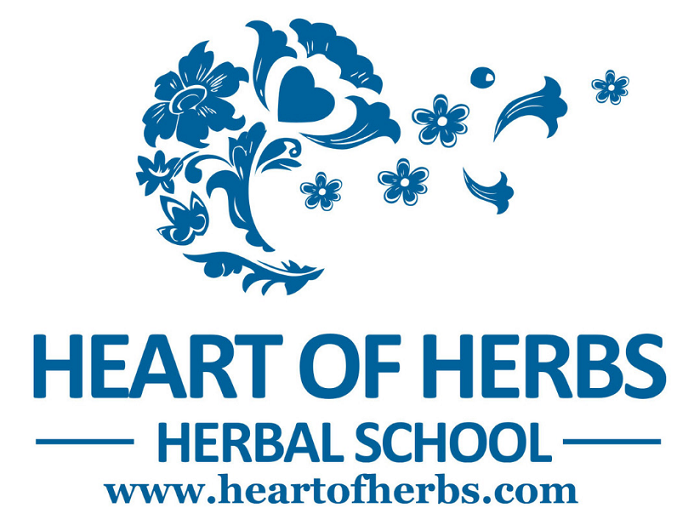Herbal Storage Tips
Herbal Storage: how should tinctures and other herbal formulations be stored? And what is the shelf life of tinctures and extracts?
When it comes to storing herbal remedies, it’s important to keep them in a cool and dark place to ensure their potency and effectiveness. Ideally, you would want to store your herbs in a location that is free from moisture, light, and dust, as these can all contribute to the deterioration of the herbs over time. Some popular storage options include closets, cupboards, cabinets, pie safes, pantries, and linen presses. Personally, I find that storing my herbs in a secure cupboard in my boot room works best for me. This way, I can rest easy knowing that my herbs are safely stored away from pests and light, which can degrade their quality and potency. By taking the time to properly store your herbal remedies, you can ensure that they will be effective when you need them most.
Bottles
The choice of bottle is critical when storing herbal tinctures. Amber, cobalt, or other dark glass bottles are the best options. For those who need bulk storage, clear gallon jars, often sourced from restaurants, can be transformed into ideal storage containers by simply painting them black. This practical approach to herbal storage ensures we are well-equipped to preserve the potency of our herbal remedies.
I use Ball Jars and vacuum seal the lids. I get them all in wide mouth and have multiple sizes, from a pint to a gallon. It is easier to have one lid size. Additionally, I shop for jars during the canning season to get the best selection. I have a few apps on my phone to check prices at the different hardware stores.
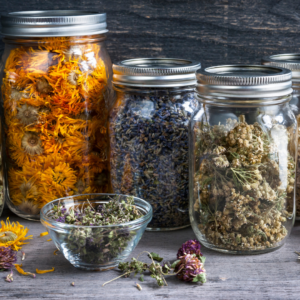
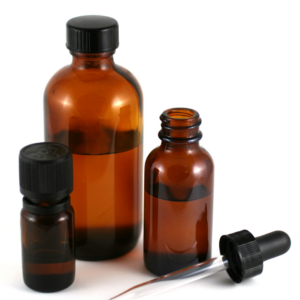
Labels
Protecting your labels is a small but significant step in maintaining the quality of your herbal remedies. Various options are available to ensure your labels stay intact and legible. Clear packing tape is a reliable choice to prevent ink from running. If you have a laser printer, you can print your labels without worrying about the ink. And for those who prefer ready-made solutions, waterproof labels are widely available. With these options, you can feel confident that your labels will be protected and look great. Labeling is important to keep all of your herbal storage needs organized.
When you label it, include the common name, scientific name, and the date you filled the jar. Don’t skip this step. People often think they will remember and often forget and have to dump the contents. Furthermore, don’t use anything if you can’t identify it.
Tinctures and Extracts
When storing herbal tinctures, it’s essential to use the proper containers. Tinctures prepared with high-percentage alcohol (50% or higher) can last for years or even decades if stored properly. Alcohol is a solvent, and it shouldn’t be stored in anything other than glass. Use amber glass bottles.
- We use amber glass dispensing bottles with poly-sealed caps. When it’s time to dispense tinctures, we recommend transferring them to dropper bottles. This is because long-term storage with the dropper can cause it to deteriorate. These are usually called Boston Rounds or Amber Glass bottles.
- The bottles are designed to protect your medicine in several ways. The brown glass of the bottle helps prevent light from degrading the medicine over time. It blocks out light which can be damaging. Though cobalt and green glass can also be used, amber blocks the most light.
- The polyseal cap is resistant to solvents and is manufactured for chemical storage, making it perfect for storing tinctures. However, although the caps are plastic, we are still seeking a better lid solution. You may be tempted to try alternative solutions like wax, metal or cork, but make sure they are made for the food or chemical industry.
- To save money, we buy the bottles in bulk. If you want to save money too, you can purchase them with friends and split the cost. You can also reuse and recycle bottles. Bottles can last for decades if properly cared for, but you may need to replace lids.
Some of my favorite companies to get bottles from are:
SKS Bottle- https://www.sks-bottle.com/
Berlin Packaging- https://www.berlinpackaging.com/
Specialty Bottle- https://www.specialtybottle.com/
Burch Bottle- https://www.burchbottle.com
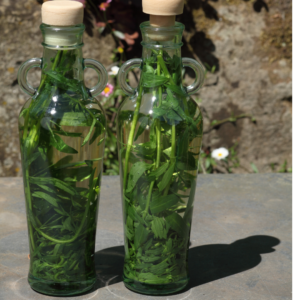
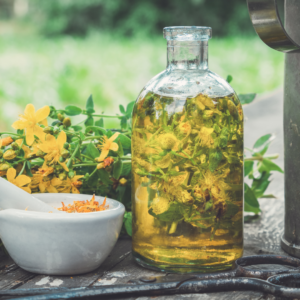
Herbal Vinegar
Vinegar extracts made with fresh herbs have a shorter shelf life compared to tinctures made with alcohol. They are made with vinegar, usually apple cider vinegar. It is suggested that vinegar extracts made with fresh herbs be used within six months to one year if refrigerated and one to five years for those made with dried herbs. Moreover like alcohol tinctures, vinegar extracts should be stored in amber glass bottles with polyseal caps. An example of an herbal vinegar would be Fire Cider.
Herbal-Infused Oils and Salves
Herbal-infused oils and salves usually last two to three years when refrigerated, while unrefrigerated oils last about a year. Using dried herbs will significantly increase the shelf life of your herbal-infused oils. Remember, any time water or botanicals like aloe vera gel are added, you will need a preservative to keep items shelf stable. Here are some great salve recipes.
Storing Powdered Herbs and Capsules
Powdered herbs have a shorter shelf life than cut and sifted herbs (loose teas and bulk herbs). The more an herb is processed, the shorter its shelf life. The plant material is ground to such a fine consistency it has a much shorter shelf life, for the surface area is exposed to air. I use powdered herbs within 6-10 months; I always vacuum seal mine and store them in the freezer and in freezer-safe jars. Moreover, I don’t have many powders because I don’t make a lot of capsule formulations. If you do make a lot of capsules, grind and encapsulate right before use to extend the shelf life.
Disclaimer
Disclaimer Blog
The information presented on the Heart of Herbs Herbal School/Demetria Clark websites is for educational purposes only. Heart of Herbs Herbal School/Demetria Clark Education LLC makes neither medical claims nor intends to diagnose or treat medical conditions. Links to external sites are for informational purposes only. Heart of Herbs Herbal School/Demetria Clark neither endorses them nor is in any way responsible for their content. Readers must do their own research regarding the safety and usage of any herbs, recipes, or supplements.
Affiliate Disclosure
Some posts contain affiliate links. When you click on these and make a purchase the cost is the same for you, but we earn a small commission that helps me to provide scholarships to students. We only promote products that we know our clients have liked themselves.
Heart of Herbs Herbal School is a Amazon affiliate. As an Amazon Associate, we earn from qualifying purchases.
